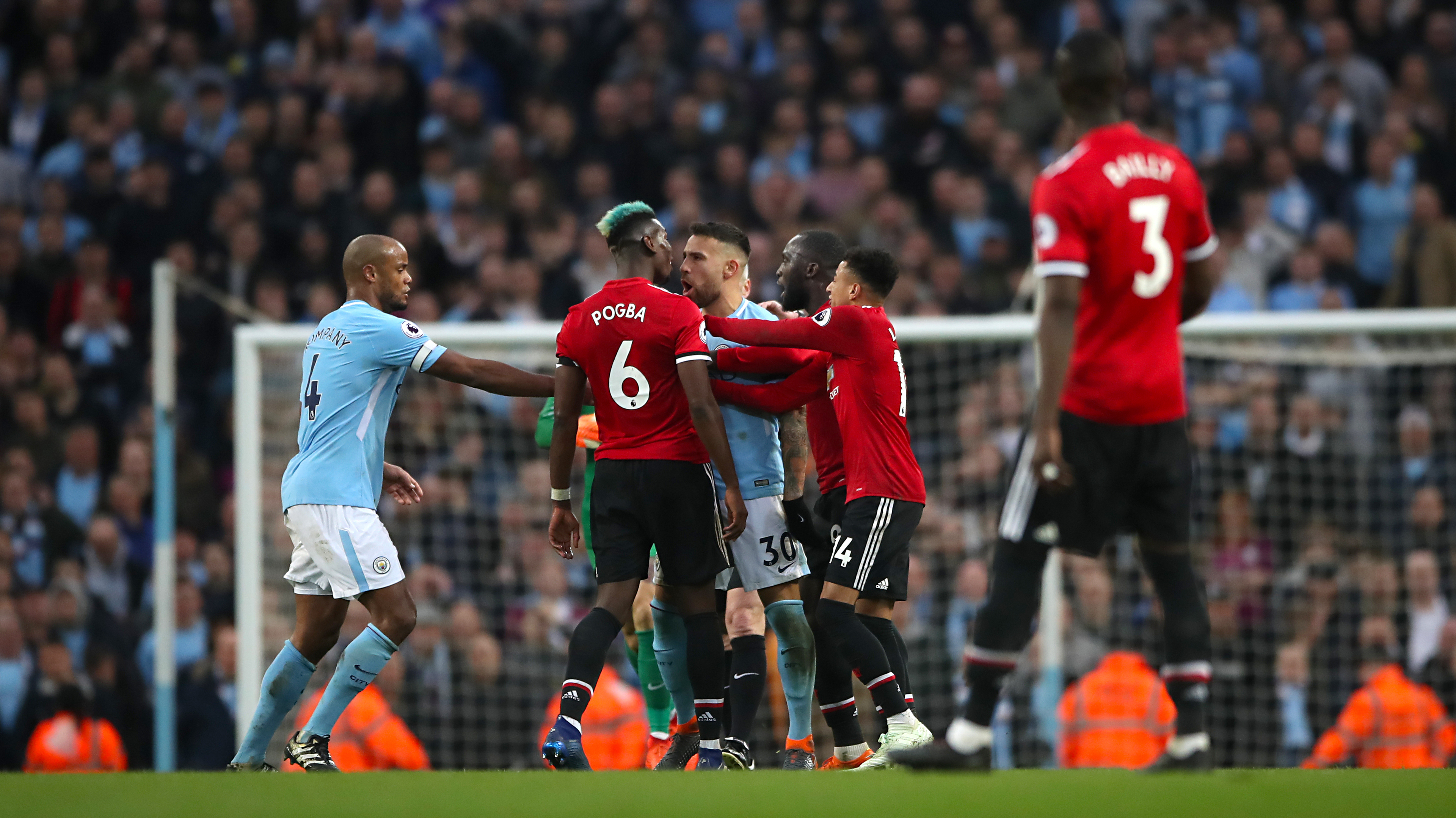
THE Premier League’s “big six” already take the biggest slice of English football’s fortune.
Now they’ve won the right to have their cake and eat it, too – and I don’t like it.
By seizing the bigger share of foreign TV cash they have long been agitating for, Arsenal, Chelsea, Liverpool, Manchester City, Manchester United and Tottenham Hotspur have succeeded in widening the gap between themselves and rest of English football.
I understand why they wanted to do it.
They argue they need to compete with Europe’s other mega-rich superpowers, like Paris St-Germain, Barcelona, Real Madrid, and Bayern Munich.
But I don’t respect it.
Frankly, I think it’s greedy.
And I think it risks turning the Premier League – which should be competitive – into a closed shop at the top, just like Spain, Germany and France.
You could argue Scotland is a closed shop too.
Celtic look completely untouchable, after all.
But Aberdeen have done incredibly well to challenge them in recent years on a vastly-smaller budget.
Rangers should make strides this season under Steven Gerrard.
Hearts and Hibs should be looking to close the gap too.
And at least the SPFL aren’t actively re-distributing cash to make the richest clubs richer.
Scottish football’s TV money goes out to clubs based on their league position alone.
In England, that will no longer be the case.
Listen, I get all the arguments the big clubs have made about international TV money, and the way it’s currently shared out.
They say they are the teams that bring in the audiences from far-flung lands – and it’s absolutely true.
I’ve walked around in places like Singapore and Hong Kong, and there are Manchester United shirts and Liverpool shirts everywhere.
On the other hand, I bet nobody’s cutting about Bangalore in a Bournemouth kit!
The big boys say that since they’re bringing in the foreign money, they deserve more of it than anyone else.
But at the end of the day, the Premier League can’t just pander to the biggest teams.
It has to look after all of its clubs from top to bottom.
It also has to protect what makes it so watchable – how competitive it is.
I’d argue the Premier League shouldn’t just be taking a leaf out of the SPFL’s book when it comes to handing out TV money.
I think it should be going further.
Why shouldn’t every club get an equal split of the cash, no matter where they finish in the league?
That would create a more competitive environment – and I think it would benefit the entire game.
Just look at American football.
Across the pond, the teams that perform worst are given the best picks in the college draft the next season.
That evens up the playing field and gives every team a chance of achieving something over a period of, say, 10 years.
They still have bigger “franchises” and smaller ones.
But the smaller ones have got a chance.
As it stands in the Premier League, the big clubs have already got a massive financial advantage because of their fan-bases around the world, and their regular Champions League appearances.
As far as I’m concerned, giving them an even bigger one just seems stupid.

Enjoy the convenience of having The Sunday Post delivered as a digital ePaper straight to your smartphone, tablet or computer.
Subscribe for only £5.49 a month and enjoy all the benefits of the printed paper as a digital replica.
Subscribe